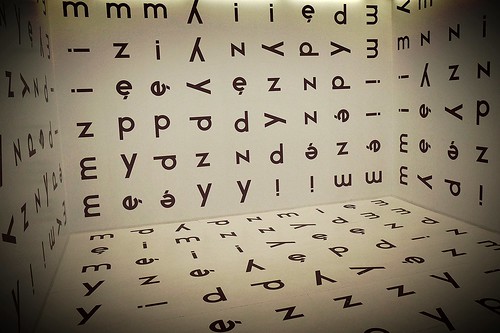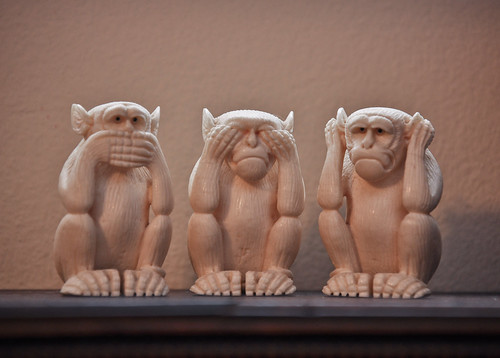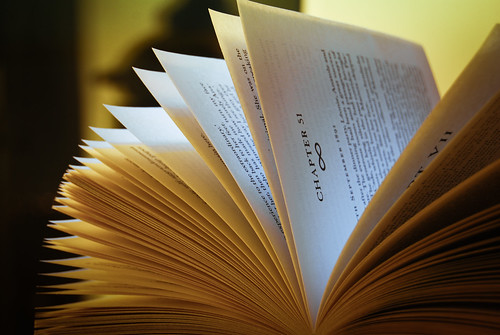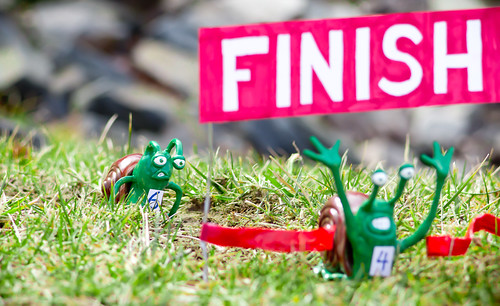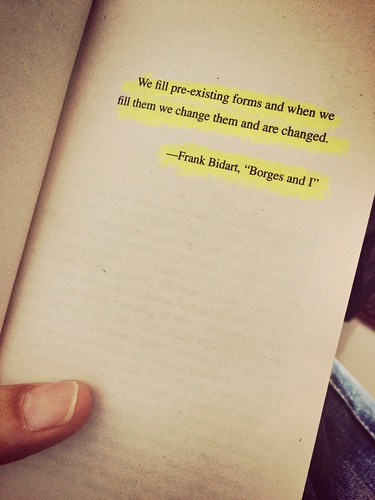I never felt comfortable being queer and a teacher. From student teaching in Illinois to my first years in Florida to working at SLA – while vastly different in their levels of acceptance, none of them felt completely safe. None of them got to see all of who I was.
As much as I’m sure this was informed by growing up in a largely intolerant small, rural school, it wasn’t all that. It wasn’t all baggage. It was also knowing I needed to check when moving from one place to another to find out if I was part of a protected class in my new location. When I first got hired to work in Sarasota, my mom wrote an email with many exclamation marks saying she’d checked and that the county had banned discriminatory employment practices based on sexual orientation.
While I’d had no intention of walking into my principal’s office to say, “Here are the scope and sequence guidelines you asked for, and I’m gay,” it was good to know I couldn’t be summarily dismissed if she found out I’d been dating a guy.
Pause and think about that. By writing this post and outing myself here, I am eliminating the possibility of teaching in 28 states should some industrious principal start to google. Can you say the same about talking publicly about whom you date or marry? If so and you live on the LGBTQ spectrum, it’s not likely we will ever talk about it online. My sexual orientation isn’t listed in my Twitter profile or a part of my about.me listing. It’s not there because I don’t want possible intolerance to get in the way of a free exchange of ideas in the spaces I love. The thing is, though, if you’re straight, it’s only a free exchange of ideas for you, because I give up a part of who I am to connect with you.
I resent that in the same way I resent having to out myself to people when they assume I’m straight and ask if I have a girlfriend. Sometimes, the answer is simply “no” and I let the pitch fly by because I don’t want to have the conversation that starts with, “Oh, you don’t seem gay.” I reply “no” in those moments when my response would be, “You don’t seem like a heteronormative cliché, so we’ve both learned something today.”
In the vein of learning, I would love to have learned who among my teachers growing up identified as LGBTQ. More than that, it would have meant the world to me to hear a teacher say aloud that he or she was an ally, was accepting, wanted to be there for me if I needed to talk. Your safe space stickers on your doors or ally triangles were nice, and I needed to hear you say it out loud. I needed to hear you say something positive about people who were gay so that I, at the very least, knew you knew we existed.
I tried to do this in my classrooms. From talking about Ryan White so that kids knew HIV/AIDS weren’t synonymous with being queer, to choosing books that had gay characters who weren’t merely tokens or getting their heads bashed in for coming out – I tried to build an inclusive space.
I didn’t come out, though. I’m sorry for that. To any former students who could have benefited from me saying it explicitly, I am sorry I wasn’t ready. I’m sorry I let my resentment toward other people’s assumptions and my fear of repercussions keep me from being the role model I wanted to be. Hopefully, this post can still be some small help.
That’s why I’m writing this now, because straight people need help. So, let’s review some things straight people can do to be better people (cause most of you sure have the straight thing down).
Assume someone in the room is LGBTQ. This is different than assuming not everyone is straight.
Use inclusive language. Instead of asking a student if they are going to a social function with what someone of what you perceive to be of the opposite gender, ask if they’re planning on going with anyone or going at all.
Mention LGBTQ people in positive ways. Part of what took me so long to get right with being queer was having Matthew Shepherd as my main touchstone of what it meant to be gay. Think about the lesson implicit in a story about a person whose life came to mean something to people only after he’d been tied to a fence post, beaten, and left to freeze to death.
Call on your unions to champion equity. As I said, 28 states still allow for the dismissal of teachers based on sexuality. If their membership called for it, the teachers unions could at least make this part of the conversation in election cycles.
Out yourself. Give yourself a week of outing yourself as straight when you meet new people or in conversations with people you’ve known for a while but haven’t told you’re straight. If we have to do it, you should at least learn how awkward and annoying it feels.
Know that knowing one LGBTQ person isn’t knowing all or even many. I write this as one queer man, not on behalf of all. In the same way I don’t make assumptions about all members of group X when I meet them, don’t take meeting me or anyone else as having learned what there is to know about someone different from you.
Some people who have known me for a while might have read this post and be surprised or even hurt that we haven’t had this conversation before or that I didn’t explicitly come out to you. I suppose you’re going to have to work through that.
Like this:
Like Loading...
